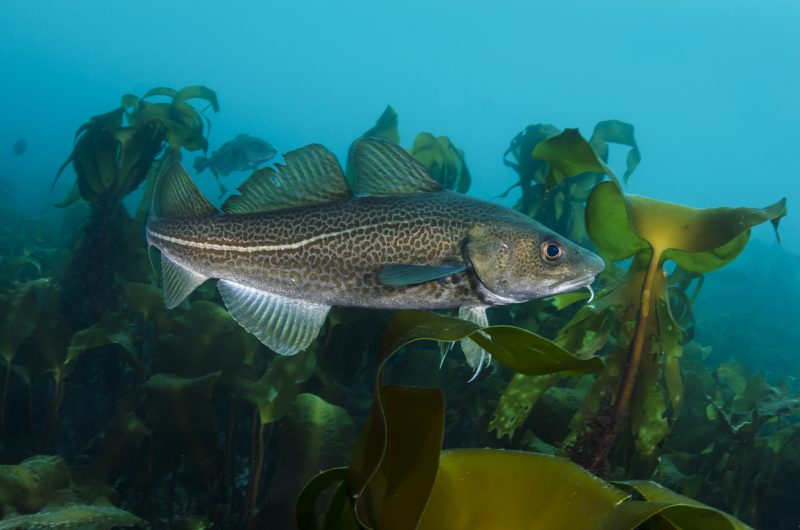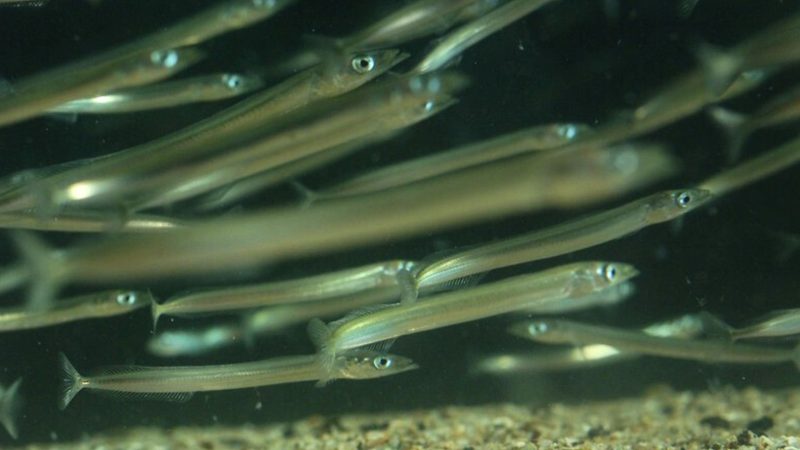Britain’s legal bilateral arrangements with its neighbours date back to the Middle Ages. Yet many fishermen have broken with this international tradition and voted to leave the EU on the basis that they will gain greater fishing rights for British vessels. But while that is fine as a protest vote, it is a very different job for British and European civil servants to re-engineer 40 years of technical regulation.
For leavers on paper it all looks fine; simply serve notice and regain control of UK waters which in some cases go out to 200 nautical miles. But fish do not respect national borders. As prominent leave campaigner and Fisheries Minister George Eustice says: “If we re-establish national control for 200 nautical miles or the median line as provided for in international law then we would also be in the strongest possible position.” We would in theory be able to and argue for a better share of quota allocations in many fish stocks based on control of this area.
But this approach ignores several hard realities. The UK already has a significant amount of international quota which permits its vessels to operate in other European waters and vice versa. These quota are already the subject of annual horse trading between member states, so to some extent this quota already represents a national division of quota and would almost certainly be used as the basis for any redrawn arrangement. So while UK may gain exclusive control to UK waters we will lose access to others. Fish do not recognise national boundaries and so international agreements are required under international law. When (and if) the new Prime Minister takes the bold step of commencing Article 50 negotiations Mr Eustice has already acknowledged that all he is hoping for is a ‘fairer share’ of the stock. In other words this is about renegotiating the EU Common Fisheries Policy (CFP), not getting rid of it: Brexit from the CFP is impossible as a new CFP will be required or at least a multinational agreement along similar lines.
Moreover, the latest version of the CFP is widely regarded as a success, catches are rising and environmental safeguards seem to be working so it is only this ‘fairer share’ point that the Minister is concerned about. Exiting the EU and renegotiating the CFP through multilateral frameworks would cost many tens of millions and take many years. And it would not even be that simple because of the Scottish independence question which would surely follow it. Adding yet more to the cost and delay. During that period uncertainty would stalk the UK fleet and it would be a difficult time for fishing businesses (and any businesses for that matter) to raise investment.
A recent report by UWE Bristol gave a total capital value of the UK fishery at £1.125 billion. The cost to fishing businesses (let alone the broader fishing sector) of several years of uncertainty would weigh heavily against any increase in the size of the fishery. Furthermore, renegotiating quota is not as simple as that as the National Federation of Fishermen’s Organisations indicate in their response to the Brexit crisis:
“We can certainly seek to renegotiate quota shares as well as access arrangement, but it is realistic to expect that there will be a price of some sort. Who will pay that price is a critical question.”
If we gain £200 million of extra quota for the UK fishing industry some other UK industry is bound to suffer in the international negotiations. Sectors like banking and finance, the traditional bellwethers UK economy would have to give some ground in the diplomatic dance if we were to expand our fisheries. The economic chaos which the Brexit vote has wrought will inevitably lead to a smaller tax take and even less room for manoeuvre from Britain’s already overstretched diplomatic service.
One further element of the Common Fisheries Policy will remain to be decided, the huge European Marine and Fisheries Fund distributes £243million to fishing interests in the UK. The Leave campaign finances have been vague at best and in some cases (like the £350 million a week payment to the NHS battlebus claim) absurd. All sorts of promises have been made, but centre around the concept that money once ring fenced by Brussels will now be at the discretion of the British public. There is therefore no guarantee that the fund would continue beyond the current 2020 round of distribution, and fishermen may well lose that significant benefit.
Whoever presses the Article 50 red button is going to have to manage the significant expectations of the fishing industry into the reality that after years of expensive and protracted legal wrangling we are likely to end up back in the same place. Brexit is impossible for fisheries.
This article has been written to supplement an article by Dr Bryce Stewart and Griffin Carpenter available from here.


















